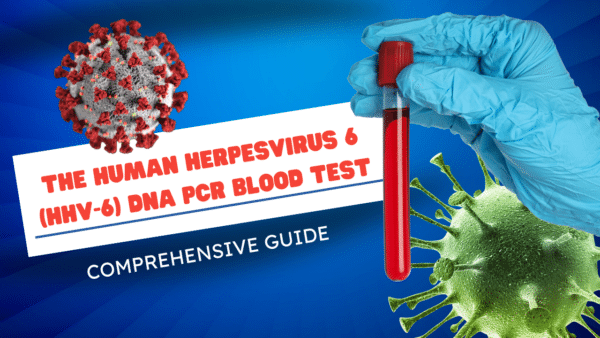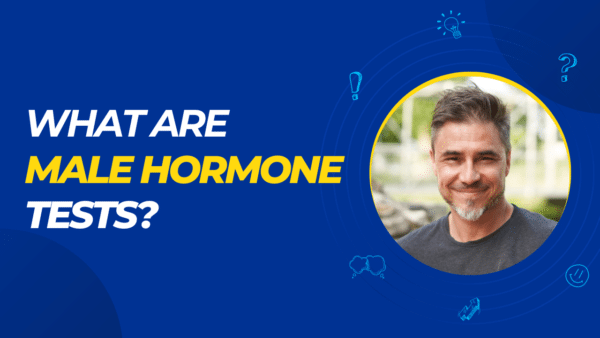You’re out living life. All of a sudden, your heart starts to speed up. It feels like it wants to re-enact that scene from the movie “Alien,” bursting from your chest. What’s going on? Are you having a heart attack? Should you go to the hospital? Then things go back to normal, leaving you even more confused. You just experienced heart palpitations. Now what?
When we’re in love, we often describe the sensation as our hearts going pitter pat. While we appreciate the romanticism, having real heart palpitations is not so cute. It can actually be quite scary when they’re happening. Sometimes, it’s with good reason, when other times, it’s not. Knowing what heart palpitations are and what they mean is not something most of us know off the top of our heads. So, let’s look into them and see if we can help better understand what’s happening to you should you get heart palpitations.
When you feel like your heart is beating too hard or too fast, skipping a beat or fluttering, this is what it’s like to have heart palpitations. You can feel it in your chest most obviously, but you can also feel it in your throat or neck.
Usually, while they can be scary when you experience it, they normally aren’t serious or harmful to you. They’ll go away on their own. But there are the few occasions when heart palpitations are the sign of a serious heart condition. If they have the following symptoms accompanying them, see your doctor: shortness of breath, dizziness, chest pain or fainting.
But if you’re not having a heart attack, then what triggers heart palpitations? The answer is that there are many causes, not all of them have to do with your heart interestingly enough.
- Anxiety & stress can cause your heart to skip a beat. Palpitations often happen during panic attacks.
- Vigorous physical activity by its very nature increases our heart rate. That’s not the concern. It’s after exercising when adrenaline levels remain high, that palpitations occur.
- Imbalance in our body’s chemistry can be a trigger. Low potassium levels or low blood sugar levels can cause palpitations. Being dehydrated can also be a cause.
- Certain medical conditions like anemia and thyroid disease can also cause the heart to act irregularly.
- Some dietary supplements like ephedra, ginseng, bitter orange, hawthorn or valerian root can also bring around heart palpitations as well as some medications.
- And, of course, they could be related to heart disease, either indications of future problems or a sign of past problems.
The good news is that arrhythmia is usually harmless and will go away on its own. To ease stress, practice relaxation techniques, yoga, etc. Cut back (or out) alcohol, cigarettes, caffeine or other (illegal) drugs. Also, make sure you aren’t overdoing cough & cold medicines, especially during flu season. Decrease usage of herbal and nutritional supplements or at least talk to a doctor about them. Get your levels checked with a Top 12 Important Blood Test Panel to make sure you’re properly feeding your body everything it needs.
However, you should be concerned if heart palpitations are followed or accompanied by the following symptoms:
- Shortness of breath
- Dizziness
- Chest pain or chest pressure
- Fainting
These are signs of a serious heart problem. Go to the hospital. Don’t drive yourself. Have someone take you. After a doctor sees you, he may order tests to find the cause. Most likely, he’ll start with a Heart Health Baseline Blood Test Panel. It’s still possible that you are not having a heart health crisis, even with those symptoms, but it’s not worth the risk.

